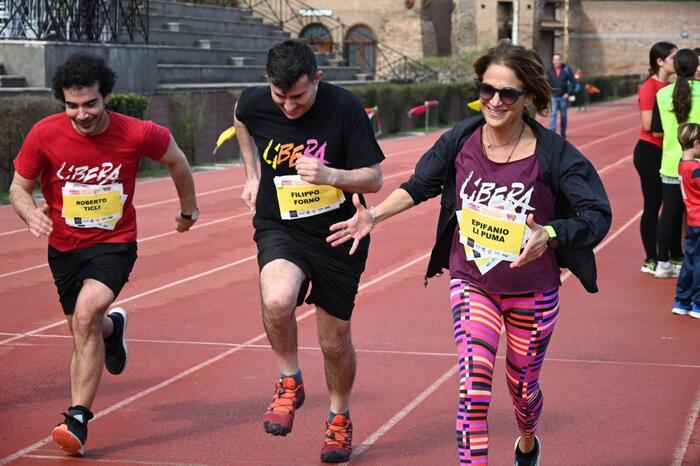The author of this documentary knows what he is talking about.
And that is already a guarantee.
Raúl Serrano is a filmmaker and documentary filmmaker, but also the survivor of his own childhood.
Serrano entered a reception center in Madrid at the age of five.
His family lived on the street, his mother was constantly fighting with the other woman of her father who, to end the fight, spanked them both.
So the center, in a sense, was a relief.
But it brought a painful counterpart.
Serrano says that what he remembers most from all those years in a building with long naves full of beds in a row is the feeling of absolute loneliness and helplessness that only a 13 or 14-year-old boy can conceive.
Even today he assaults her sometimes.
He managed to get out of there without too many injuries and impose himself on a destiny that was crooked from the beginning and based on willpower he became a filmmaker.
But, as the poet said, there is no boat that can take you away from yourself.
So he has conceived, directed and participated in this documentary,
This is how the dwarfs grow
, recently incorporated into Filmin, which addresses the problem of these minors whom experts describe as "the last of the last".
According to the 2020 Childhood Observatory, more than 35,000 minors live in Spain, either in protection centers or in foster families.
They haven't committed any crime, they haven't done anything wrong.
Just being born into a family that, for whatever reason, is unable to provide them with the love and well-being they need.
Psychologists, politicians, sociologists and educators parade in the documentary, who draw a complete picture of what is wrong with the system, what could be improved, what is improving.
They talk about the need for smaller centers, to encourage foster families more, not to further stigmatize these minors.
One of these experts slips a startling comment: “These children have not learned many things.
But they have learned others, which are not at all necessary.
They have learned that they are trash, that they are clumsy, that they cannot trust adults.”
However, the value of the documentary lies in what they speak, the men and women who lived through that nightmare.
Natalia, a girl who, like Raúl, managed to build a new life for herself, recounts the first day in a center, where she went because her mother, suffering from a psychological illness, could not take care of her or her sister: “ I arrived at dinner time.
So they gave us dinner (…) Afterwards I felt very alone…”.
Here she stands.
cry.
She looks at an indeterminate place that only she sees.
And he continues: “…because my mother had been all my support and I did not expect her to fail me, and to get there, and see people from all places, and of all colors, and feel that you only have your sister…”.
On the grill of that platform you can find other more technically complex documentaries, which talk about distant places or episodes that happened a long time ago.
This is narrated with simplicity and faithfully describes some very close hells, inhabited by the most innocent people imaginable.
50% off
Exclusive content for subscribers
read without limits
subscribe
I'm already a subscriber



/cloudfront-eu-central-1.images.arcpublishing.com/prisa/LCEWDT3BEBCZFJIXDQLL5KFF5Y.jpg)








/cloudfront-eu-central-1.images.arcpublishing.com/prisa/KMEYMJKESBAZBE4MRBAM4TGHIQ.jpg)


